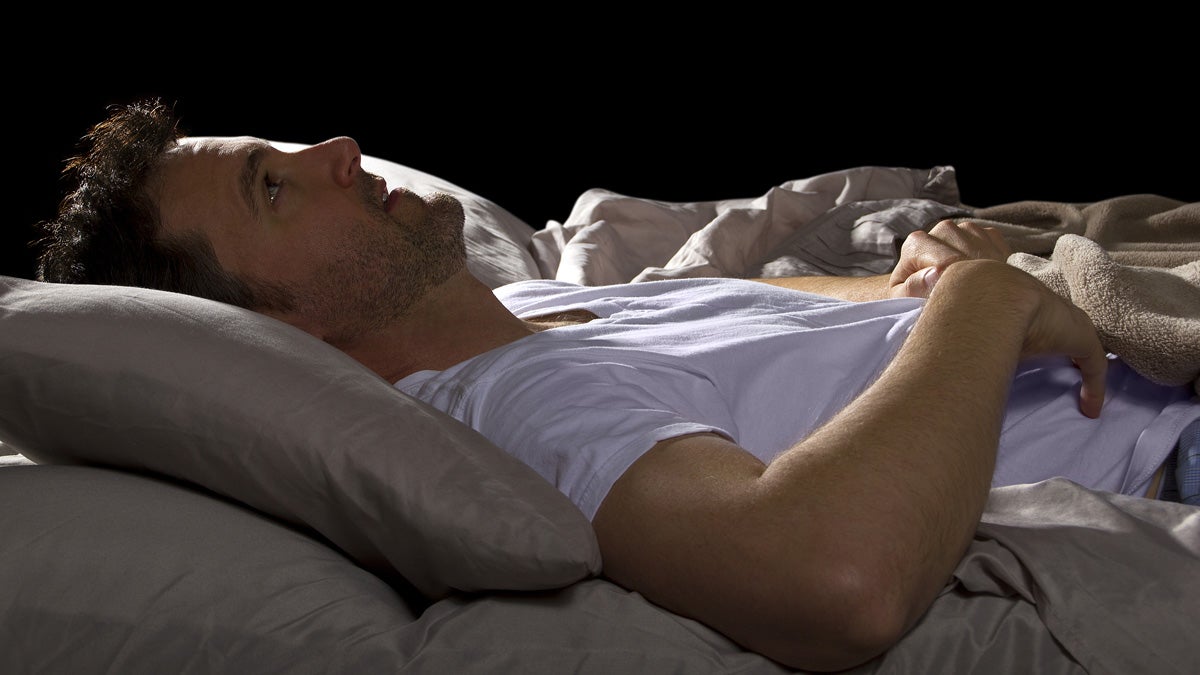Study tests whether light therapy could help cancer survivors sleep
 Photo via ShutterStock) " title="shutterstock_194136236" width="1" height="1"/>
Photo via ShutterStock) " title="shutterstock_194136236" width="1" height="1"/>
(Photo via ShutterStock)
Researchers are looking into whether light therapy can help lung cancer survivors sleep better.
Studies suggest between 50 to 80 percent of patients suffer from insomnia after cancer treatment. A new pilot study out of the University of Buffalo will determine whether light therapy can help them remain alert during the day and fall asleep faster at night.
Cancer treatment can take a toll on the sleeping habits of patients, said Grace Dean, assistant professor in the School of Nursing at the University at Buffalo.
“They’re telling us that they’re sleeping during the day, and they’re not sleeping well at night,” she said. “And when we’ve measured their sleep wake activity patterns, we’ve determined that their rhythms are phase-delayed.”
With help from colleagues at the University of Pennsylvania, Dean came up with the idea for a pilot study on those delayed sleep patterns.
Twenty patients will wear eyeglasses that shine light into their eyes for up to an hour a day during the study.
Dean predicts that a regular dose of light in the morning will reset the patients circadian clock and make them feel more alert during the day.
Light therapy is one of several non-medication based treatments for insomnia in cancer patients. And Sheila Garland, clinical psychologist and fellow at Penn’s Behavioral Sleep Medicine Program, said patients who have just been through chemotherapy are reluctant to take another drug.
“After going through treatment, patients really have a strong desire to get back to what they would consider a normal life — and that usually doesn’t involve taking medication to sleep,” said Garland.
Studies suggest alternatives such as cognitive behavioral therapy are just as effective as sleep medications in treating insomnia.
WHYY is your source for fact-based, in-depth journalism and information. As a nonprofit organization, we rely on financial support from readers like you. Please give today.

